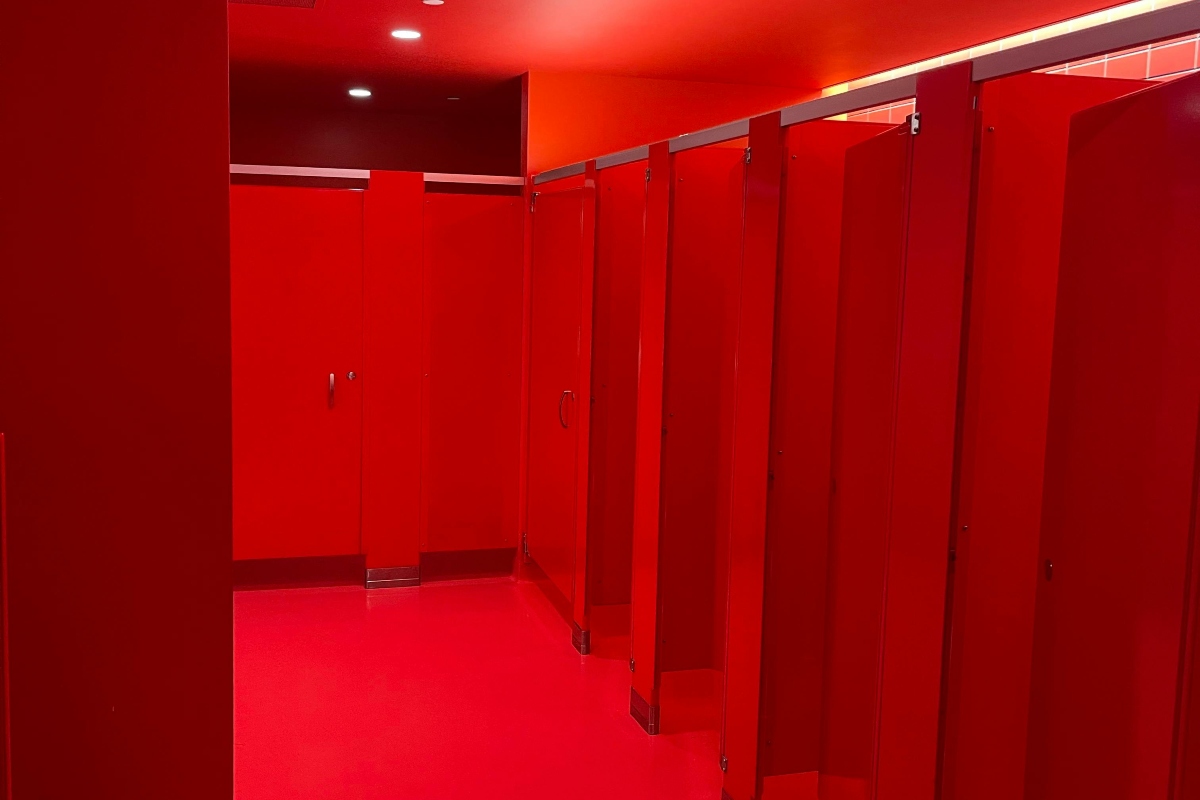The Yungang Grottoes, a UNESCO World Heritage site in Shanxi province, northern China, recently installed timers in the women’s restrooms. This historic site, renowned for its 45 major caves and over 59,000 intricately carved stone sculptures, attracts millions of visitors annually. But setting timers has caused quite a stir online and in the crowds. Critics argue that the timers infringe on privacy and create an uncomfortable atmosphere for restroom users.
How Do People Feel About The Timers?
According to the South China Morning Post, one visitor to the caves expressed mixed feelings to the Xiaoxiang Morning Herald: “At first, I thought the timers were advanced, as they could stop people from monopolizing public resources and spending too much time in the restroom playing on their phones or making calls. But I also felt slightly embarrassed, like I was being watched.”
Advocacy groups have voiced concerns over the potential for these timers to shame users or make them feel rushed. “Using the restroom is a very private matter. The timer makes me feel disrespected as a female tourist,” said one critic. Another perspective highlighted by a supporter of the timers suggests they could serve a safety function. They can indicate if someone has been in a stall for an unusually long time, possibly due to a medical emergency.
The Global Problem Over Restrooms
The debate around restroom access and privacy is not new to China or other countries. Restroom facilities have been a long-standing issue in many parts of China, especially in tourist areas. Insufficient facilities and lack of privacy in public restrooms have often provoked public debate. For example, in northwest China, tourists frequently encounter non-flushing dry toilets that lack basic cleaning facilities and sometimes even partitions.
Internationally, restroom privacy has also been contentious. Some Western countries have discussed using gender-neutral restrooms and the need for more inclusive and private facilities, reflecting broader social and cultural shifts towards privacy and inclusivity.





